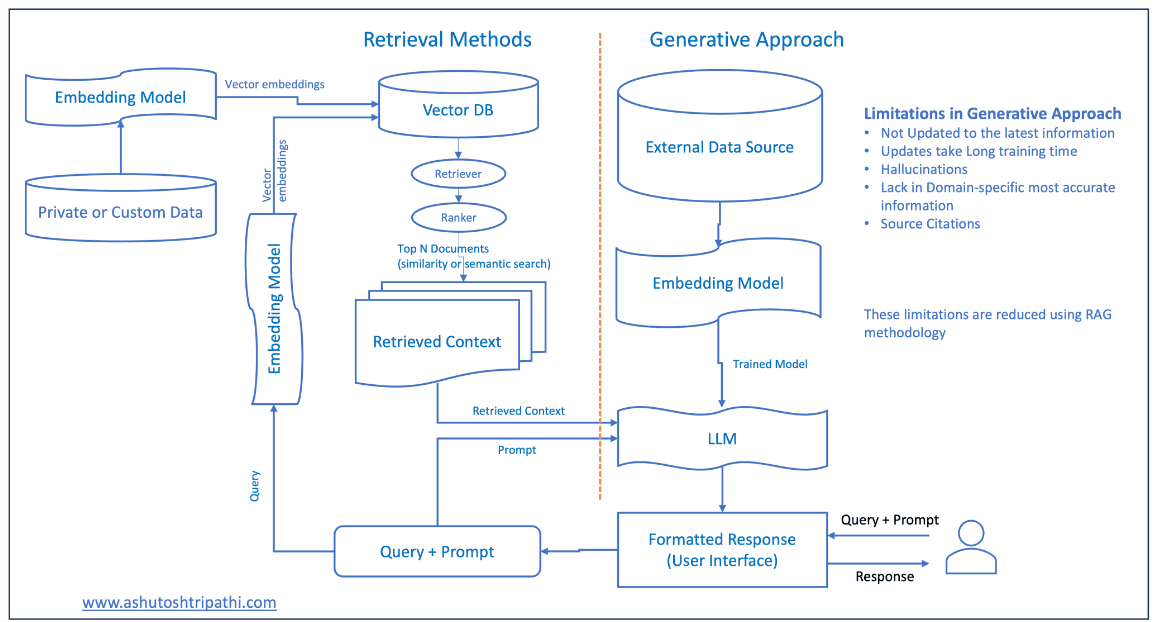
The Future of Large Language Models and Technology Startups
With the advent of new and improved large language models, the AI industry is set to experience a major shake-up. Predicted to render existing models like OpenAI obsolete, these models are expected to bring radical transformations in various sectors. Coupled with the changing landscape is the current startup funding model, which many argue as flawed. It is crucial to explore these changes and what they might mean for the industry long-term.
The New Breed of Large Language Models
Experts argue that the new breed of large language models will have the capability to replace the likes of OpenAI and provide more sophisticated AI solutions. The advanced systems are designed to offer higher efficiency, precision, and adaptability with improved cognitive capabilities. The speculation concerning the replacement stems from the potential limitations of OpenAI and its kind in meeting future technology demands.
Implications for AI Industry
This new change could have significant implications for the AI industry. With superior techniques, the new models could potentially shape the AI landscape by setting new standards for machine learning. While earlier models like OpenAI have paved the way in natural language processing, these newer models may elevate AI’s capabilities, encouraging more businesses to adopt AI solutions.
Future Developments
Given the potential of this new breed of large language models, future developments may evolve around enhancing their efficiency and adaptability to a wider range of sectors. The integration of these models in various business areas, from customer service to security, could redefine the way AI is used in our everyday lives. It is also likely that further research and development would focus on overcoming any limitations these new models may present.
The Startup Funding Model
Equally important to consider are the discussions surrounding the current startup funding model, which many perceive as flawed. Critics argue that the model pushes startups to show growth in terms of quantity over quality, leading to unsound business models and unrealistic expectations.
Long-term Implications
As more startups embrace the current funding model, there might be a surge in businesses that lack long-term sustainability, unable to deliver promised growth. This could result in significant economic consequences, including job losses and market instability.
Future Reforms
In response, one can expect future reforms to address these issues within the startup funding model. This could involve legislative changes pushing for more transparency, requiring startups to present a sound, realistic, and sustainable business model before securing funding. Alternatively, investors themselves might start prioritizing businesses that demonstrate sustainability over rapid but unstable growth.
Actionable Insights
- Early Adoption: Businesses should consider exploring the potential of this new breed of large language models. Early adoption could provide a competitive edge.
- Sound Business Planning: Startups must focus on creating sound business plans that prioritize quality growth and sustainability over rapid growth to attract discerning investors.
- Vigilance: Investors should be vigilant about the startups they fund. Ensuring the business they invest in shows signs of long-term sustainability could safeguard their investments.
